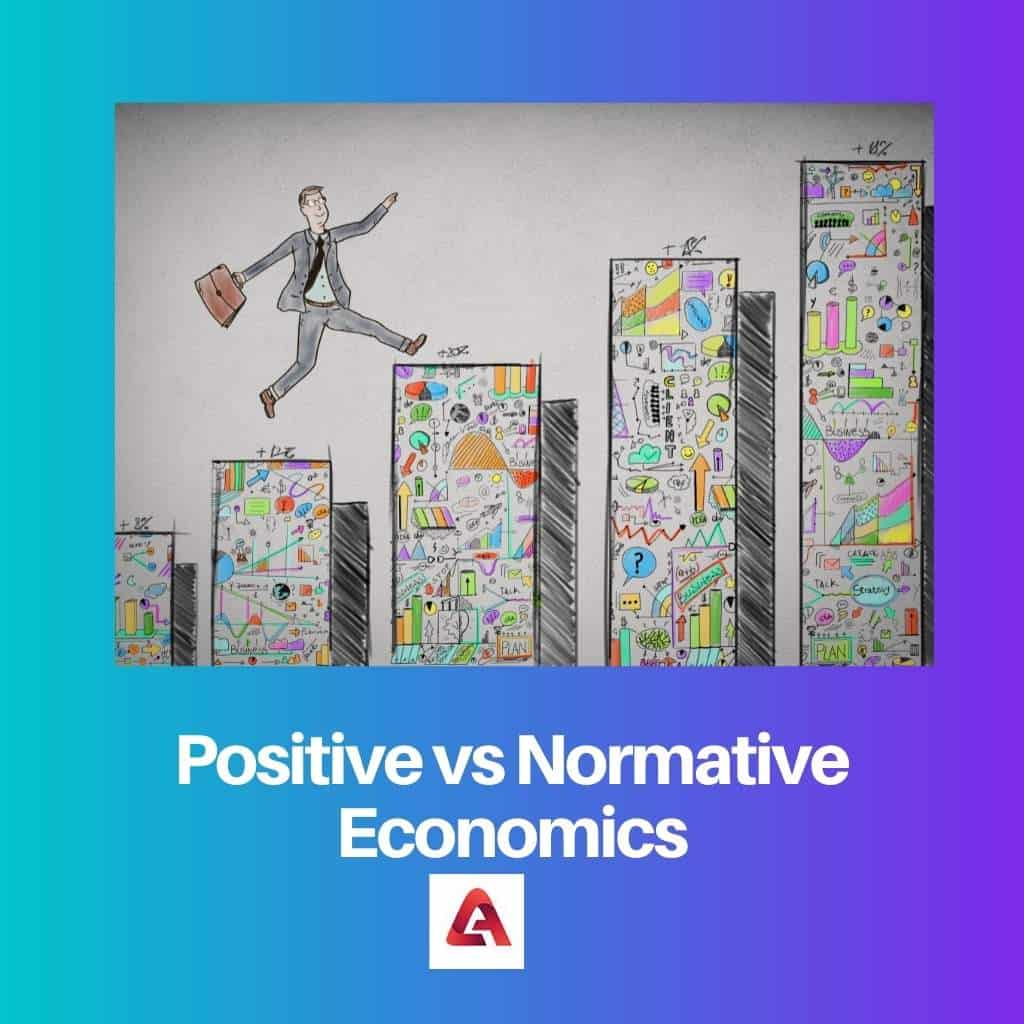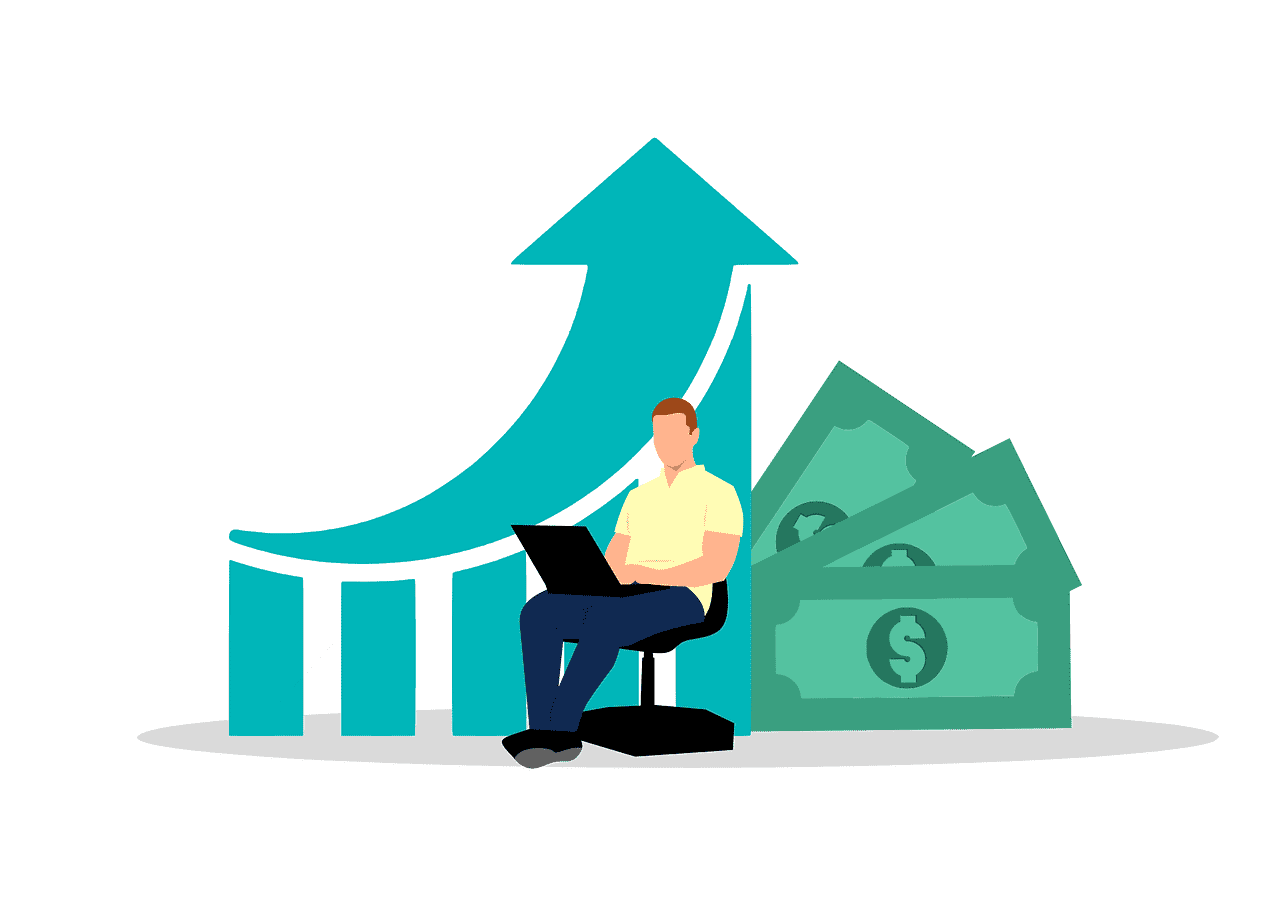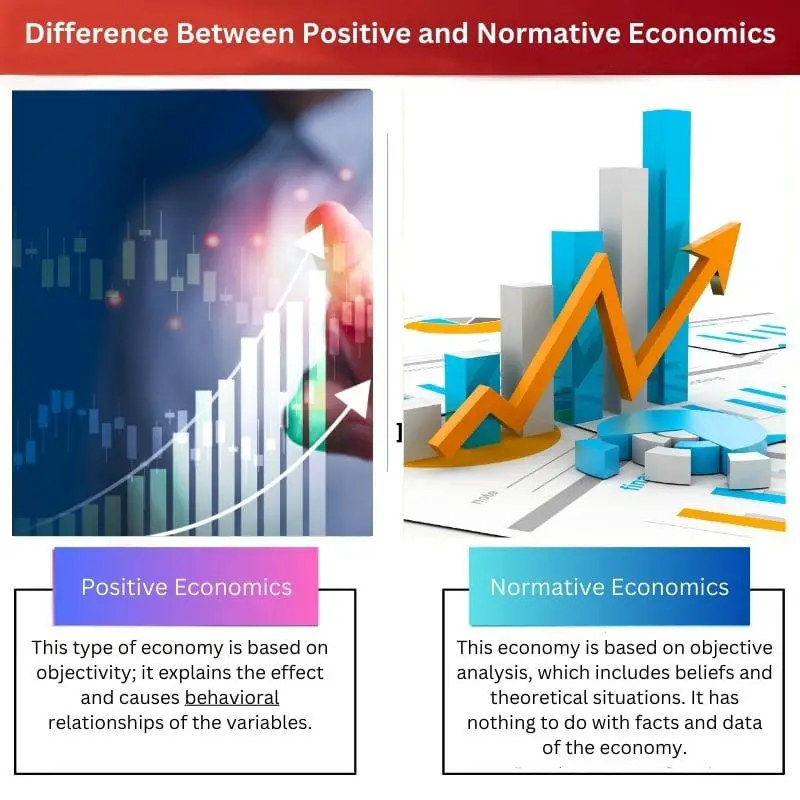In simple terms, an economy means the area of production, distribution, and consumption of goods and services. In this area, goods and services are traded in exchange for some monetary value.
Key Takeaways
- Positive economics focuses on describing and explaining economic phenomena, whereas normative economics evaluates and prescribes policies based on value judgments.
- Positive economics relies on objective facts and data, while normative economics involves subjective opinions and ethical considerations.
- Positive economics aims to understand “what is” in an economy, while normative economics addresses “what ought to be.”
Positive vs Normative Economics
Positive economics is the type of economics that is based on raw facts and objectivity, it describes the effects and leads to behavioural relationships of different variables. Normative economics is the branch of economics that focuses on values and opinions, and it provides solutions.

Positive economics is a category or branch of the economy which describes the current situation and problems that exist in the economy. It is based on statistical and theoretical data along with facts.
Normative economics is also a branch of economy focussing on what the goals of the public ought to be. It aims at the betterment of the economy by suggesting new ideas and policies which are not very reliable as they are based on human opinions and values that can be corrupted.
Comparison Table
| Parameters of Comparison | Positive Economics | Normative Economics |
|---|---|---|
| Based on | Data and facts | Opinions and values |
| Type | Descriptive | Narrow |
| Statements | Can be tested | It cannot be tested |
| Use | Describing issues | Provide solution |
| Nature | Objective | Subjective |
What is Positive Economics?
This type of economy is based on objectivity; it explains the effect and causes behavioural relationships of the variables.
An example of a positive economy can be an ‘increase in investments can be made by decreasing the interest rate.’ The accuracy of this statement can be tested by comparing it.
This economics is mainly studied to understand the problem of the economy so that it can be solved with the best solutions. The main advantage of this is that it is more reliable as the source of information is data and facts.

What is Normative Economics?
This economy is based on objective analysis, which includes beliefs and theoretical situations. It has nothing to do with the facts and data of the economy.
It is not reliable as much as the opinions of others cannot be trusted as it can be highly biased and corruptive in nature. This is also one of the main disadvantages of a normative economy.
The only or main advantage of this economy is it can offer some good suggestions that might help in betting the economic conditions.
An example of a normative economy can be ‘women should be provided higher school loans than men’ this is something that should be done to improve the education level among women.

Main Differences Between Positive and Normative Economics
- The positive economy is used for describing the main issue of the economy and explaining the cause-and-effect relationship between variables by stating the facts or what is happening in the economy, while the normative economy is used for providing the solution to the problems and passing value conclusion.
- A positive economy is objective in nature as it is fact-based, where statements are measurable and can be proved, while a normative economy is subjective as it is originated from the feelings of individuals while making decisions.





